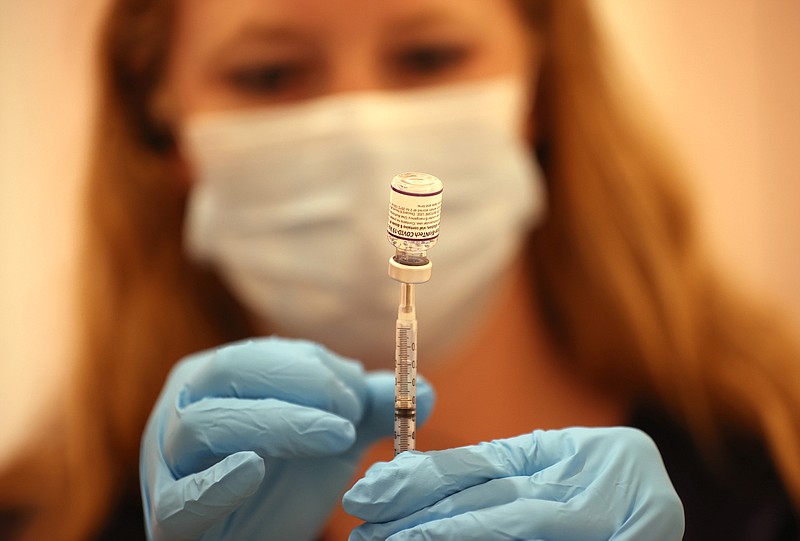Since the beginning of the COVID-19 pandemic, health care professionals have worked hard to develop treatments for patients, and they have learned to manage the risk of hospitalization and death from COVID-19.
From protective measures to monoclonal antibody therapy and other treatments, Dr. Raymund Razonable, a Mayo Clinic infectious diseases expert, discusses the current treatments for COVID-19 and explains why prevention is the best medicine.
"Therapies continue to evolve, and depending on the clinical condition of a patient and their risk factors, they may be eligible for treatment with monoclonal antibodies. Or for patients who require hospitalization, we have antiviral therapy in the form of remdesivir, as well as drugs that modulate the immune system or reduce inflammation in the form of steroids. But the best (medicine) really is prevention. Efforts to recommend vaccination to as many people as possible is undertaken in order for the transmission of COVID-19 to decline so that people don't need to go to the hospitals to get these treatments," Razonable said.
The COVID-19 treatments and therapies approved for use by the Food and Drug Administration are among the different layers of efforts to combat the COVID-19 pandemic. But prevention through vaccination is the best, Razonable said.
"If you don't allow the virus to circulate because the majority of the population is vaccinated, then that will be the best effort to stop this pandemic," he said.
The treatments Mayo Clinic is using to treat COVID-19 infection have proven to be effective against all known variants of COVID-19, including delta. However, we know from experience with other infections that antiviral resistance will eventually happen, Razonable said.
"As long as the virus continues to circulate in the community, variants will emerge, and many of these variants will eventually develop resistance to many of the treatments that we have available. And this is the reason why vaccinate, vaccinate, vaccinate is what is being proposed from the public health standpoint so that we don't get to that stage," he said.

